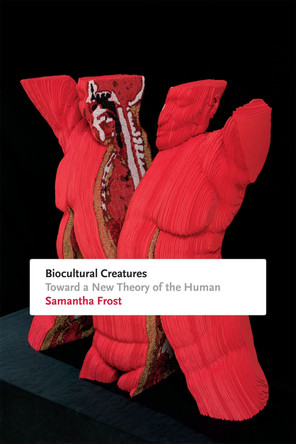Description
In recent years human rights have assumed a central position in the discourse surrounding international development, while human rights agencies have begun to more systematically address economic and social rights. This edited volume brings together distinguished scholars to explore the merging of human rights and development agendas at local, national and international levels. They examine how this merging affects organisational change, operational change and the role of relevant actors in bringing about change. With a focus on practice and policy rather than pure theory, the volume also addresses broader questions such as what human rights and development can learn from one another, and whether the connections between the two fields are increasing or declining.
The book is structured in three sections:
- Part I looks at approaches that combine human rights and development, including chapters on drivers of change; indicators; donor; and legal empowerment of the poor.
- Part II focuses on organisational contexts and includes chapters on the UN at the country level; EU development cooperation; PLAN's children's rights-based approach; and ActionAid's human rights-based approach.
- Part III examines country contexts, including chapters on the ILO in various settings; the Congo; Ethiopia; and South Africa.
Human Rights and Development in the new Millennium: Towards a Theory of Change will be of strong interest to students and scholars of human rights, development studies, political science and economics.
About the Author
Paul Gready is Professor of Applied Human Rights and Director of the Centre for Applied Human Rights at the University of York, UK. Wouter Vandenhole teaches human rights law and holds the UNICEF Chair in Children's Rights at the University of Antwerp, Belgium.
Book Information
ISBN 9780415527309
Author Paul Gready
Format Paperback
Page Count 320
Imprint Routledge
Publisher Taylor & Francis Ltd
Weight(grams) 492g








